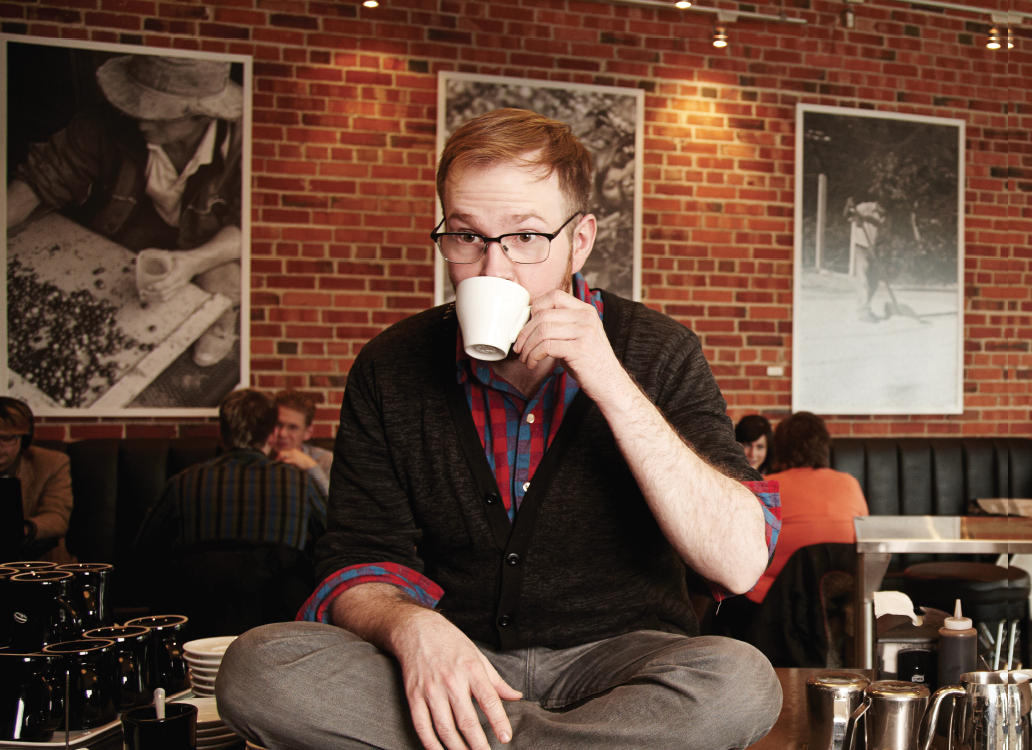Josh Hockin
Age: 27
Job: Director of Quality Control, Transcend Coffee
Experience: He went from part-time Starbucks employee to champion barista almost by accident. While sipping an espresso at Transcend Coffee one weekend in 2008, his curiosity about the cafe’s brewing methods got him a job offer, and, with owner Poul Mark’s mentorship, he mastered the art of coffee. Hockin competed in the Canadian National Barista Championships for three consecutive years without winning, until October 2011, when he took first place after impressing judges by preparing 12 espresso-based drinks, including four from his own recipes, in just 15 minutes. Last year, he toured coffee plantations in Rwanda and Burundi, before returning to the University of Alberta to study math. He’s taking this semester off to concentrate on preparing for the World Barista Championship taking place in Vienna this June.
Better Coffee
A lot of people take for granted that coffee is something you pull off a supermarket shelf. It’s more involved than that because it’s the seed of an agricultural product, which itself has a finite, usable life. And then you roast it with all these compounds within it and they’re very aromatic, very flavourful, but also very volatile – it’s a very complicated chemistry. So, fresh coffee is important. The beans shouldn’t be more than a month old.
Coffee shouldn’t smell flat. If it does, it’s probably stale. There’s a smell of rancid oil if it’s been out for a long time… It should be fruity; it should be sweet, should be intense.
You want to use 60 grams of coffee for every litre of water you’re making it with. The water should be at about 200°F [93°C] . Pay attention to how long it takes – if it takes more than six or seven minutes to make, you’ll probably want to grind the beans a little coarser. If it’s too strong, too bitter, try keeping the ratio the same, but make the grind coarser. If it’s watery or weak, then make your grind a little finer.
